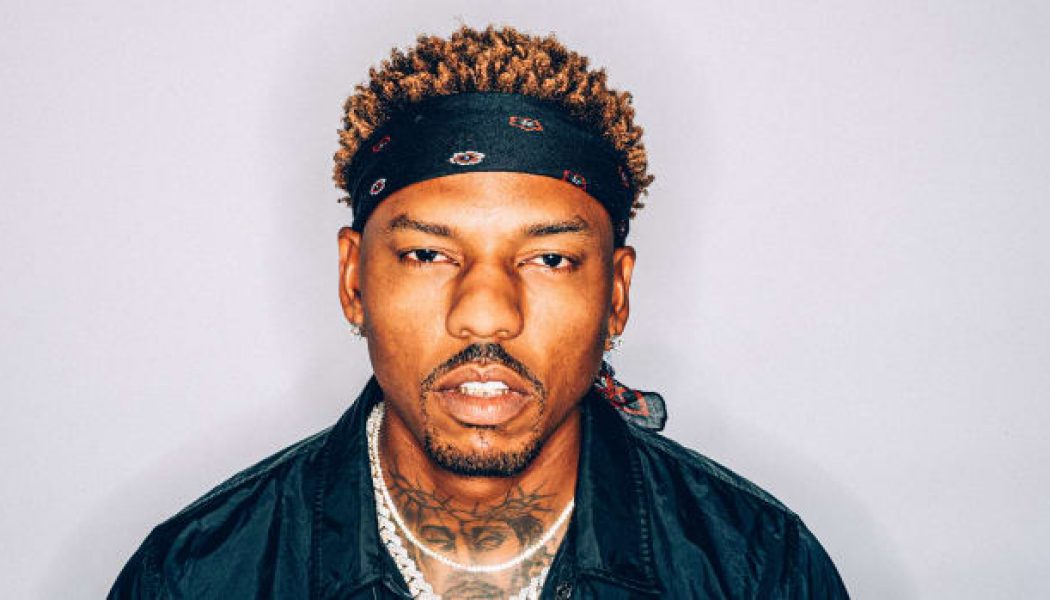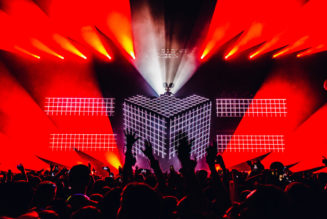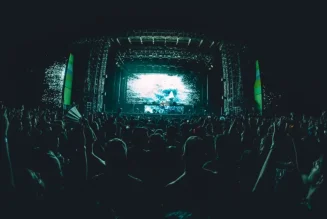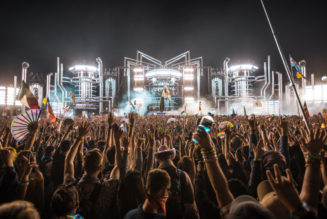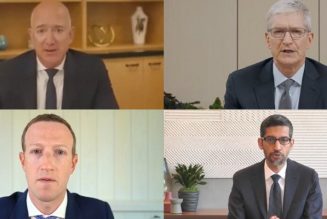Fabled techno producer and music entrepreneur Richie Hawtin recently opened up about the lack of income equality between DJs and producers in dance music.
In a new interview with Holly Herndon and Mat Dryhurst for their “Interdependence” podcast, Hawtin delved into a number of timely issues in EDM, including crucial changes to the economic infrastructure of live DJ sets.
“The driving force of this economic community is DJs. They are the ones making the money. They are the ones predominantly playing other people’s music,” Hawtin said. “We know that it’s not always going to the right people, and we know that now, after 30 years, there’s some other things that need to be put in place to assist this community from the past—where things weren’t done correctly—to the present and how we set up the future to never have those things happen again.”
The moth-eaten financial logistics of live DJ sets have long been a topic of consternation in the dance music space, since astronomical booking fees are secured by DJs who play music by other artists in order to flesh out their sets. Those other artists, however, are not compensated for the usage of their music—a vexing problem made more conspicuous by the struggles brought on by the pandemic.
While the impact of COVID-19 has certainly illuminated the plight of electronic music artists, Hawtin asserts that he’s been aware of the income issue for quite some time. In his “Interdependence” interview, Hawtin said that we must establish a “mechanism” to ensure a healthy ecosystem in which funds from a DJ’s booking fee are routed to the artists whose music is played. “For me this is not a COVID epiphany,” Hawtin said. “This is just a deeper understanding of this problem now and we really need to create some type of…a membership or a…like a guild…some type of mechanism that takes part of a DJ’s fee and goes back into the community. Into a structure.”
Hawtin goes on to say that gender and racial gaps in the electronic dance music world are also factored in, and while many in the industry are trying to fix them, the efforts were contrived out of a need to “fix a problem that we’ve lost control of.” He then says that he believes those issues need to be remedied more naturally out of a genuine desire for inclusivity.
“The dance floors I was on in the late 80s and 90s were inclusive and diverse,” Hawtin continued. “That’s not the case [now]…how do we bring that into the producers [and] to the DJs that in the future, we’re not sitting here trying to figure out, ‘Well how do we make a lineup that’s more inclusive?’”
You can watch Hawtin’s full interview below.
FOLLOW RICHIE HAWTIN:
Facebook: facebook.com/skrillex
Twitter: twitter.com/Skrillex
Instagram: instagram.com/skrillex
Spotify: spoti.fi/30OEWUh

